The native biocontrol agents are being used to control notorious food-borne toxins in 15 countries in Africa.
Across Africa and much of the tropical world, farmers growing maize, groundnut, sorghum, and other staples face a silent threat to their harvest: aflatoxins. Produced by certain strains of the fungus Aspergillus flavus (and closely related Aspergillus species), aflatoxins are dangerous compounds that contaminate food and feed crops, enter the food chain, pose serious threats to human and animal health, and reduce trade and income opportunities.
Aflatoxins are carcinogenic, suppress the immune system, and stunt child growth, among other maladies. Sometimes, consumption of high concentrations leads to rapid death. Despite decades of food safety efforts, aflatoxin contamination continues to affect populations, especially in the global south, negatively impacts livelihoods, and erodes trust in food systems in at-risk areas.
A practical, science-based solution is to use biocontrol products containing atoxigenic (non-toxin producing) strains of A. flavus as the active ingredient. When used correctly, these products can significantly decrease aflatoxin content. IITA, USDA-ARS, and national partners have developed several products under the tradename “Aflasafe” using atoxigenic strains native to a target country. When applied to soil just before crop flowering, these “good fungi” outcompete toxigenic fungi, dramatically reducing aflatoxin levels in crops at harvest and during storage.
“The Aflasafe products have been tested in thousands of farmer field trials in over 15 African countries,” said Alejandro Ortega-Beltran, who leads IITA’s Aflasafe Unit. “The effectiveness and safety of the products have allowed us to obtain registration in Nigeria, Kenya, Senegal, Tanzania, Ghana, The Gambia, Burkina Faso, Malawi, Mozambique, Zambia, Mali, and the DR Congo. Provisional registration has been obtained in Uganda, Rwanda, and Sudan. The technology continues to expand into additional countries across Africa and beyond.”
Farmers who use Aflasafe products experience reductions in aflatoxin levels of over 80% and sometimes up to 100%, often meeting national and international regulatory limits. By meeting those strict standards, farmers gain access to high-value markets, protect human and animal health, and increase confidence in local food systems. While maize and groundnut have been the primary focus crops, new targets like sorghum, millet, and sesame are now included.
Aflasafe is not just a standalone technological innovation; it delivers the greatest impact when deployed as part of an integrated aflatoxin management system through public–private partnerships that strengthen coordination, scale, and sustainability. In short, Aflasafe and integrated aflatoxin management strategies directly improve health, reduce poverty, and enhance food security.
The story of Aflasafe shows the power of partnerships. It began as a research effort co-led by IITA and USDA-ARS in 2003 and evolved through strong collaboration with farmers’ groups, national agricultural research systems, regulatory bodies, national governments, international donors, and private manufacturers and distributors. This networked model has helped secure registrations, kick-start market access, attract private sector investment for manufacturing and distribution, and support the emergence of a growing biocontrol industry in Africa.
Aflasafe technology is a core component of broader CGIAR efforts under the Sustainable Farming Program, allowing farmers to protect crops in a sustainable and climate-smart way. As part of integrated aflatoxin management strategies—including good agricultural practices, improved storage, and sensitization and awareness—Aflasafe contributes to the “One Health Approach,” leading to healthier communities, safer food systems, and more resilient value chains.
Scaling biocontrol solutions require supportive policy, financing, logistics, and effective legislation. But the momentum is strong. With increasing farmer adoption, expanding commercialization, and growing public-private interest, the Aflasafe technology is leading the way to fight one of the world’s most fastidious food safety threats.
On this International Plant Health Day, IITA’s Aflasafe Initiative invites all to celebrate, promote, and scale solutions rooted in science, strengthened by partnerships with farmers at the forefront, and driven by impact. With Science, We Can!
Contributed by Alejandro Ortega-Beltran, IITA

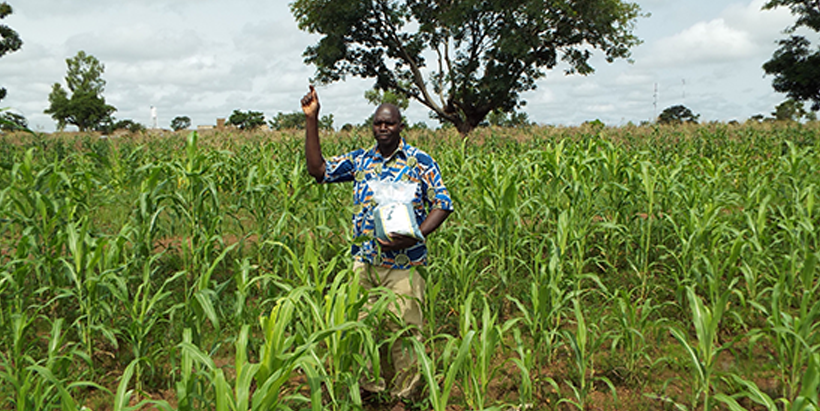
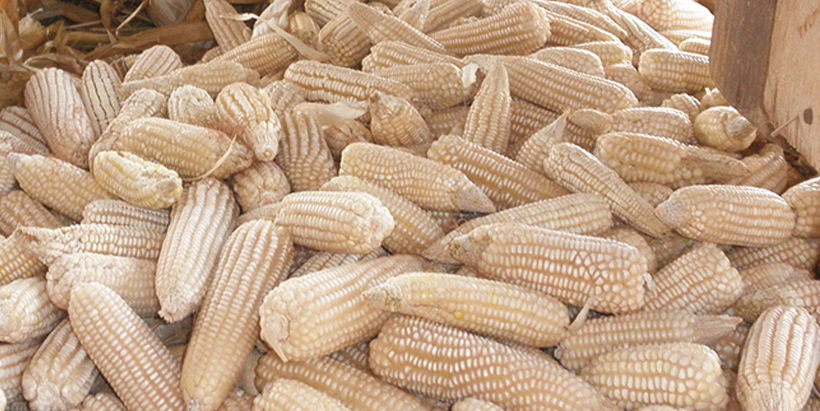
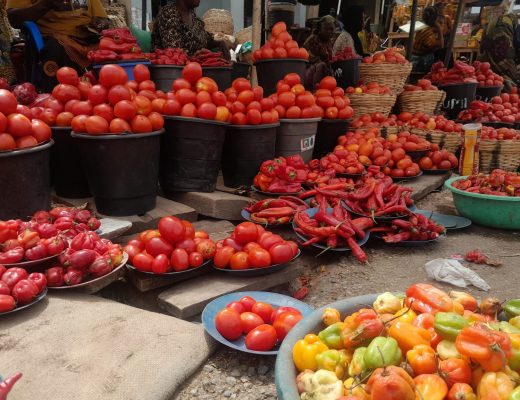
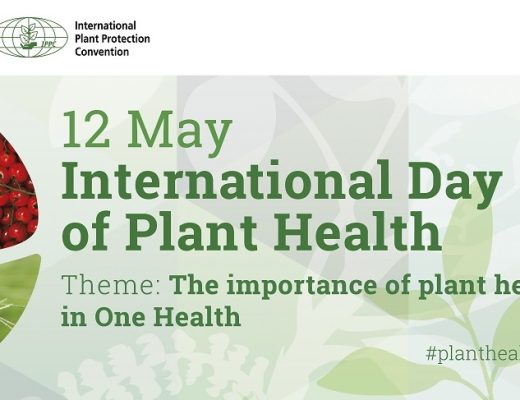
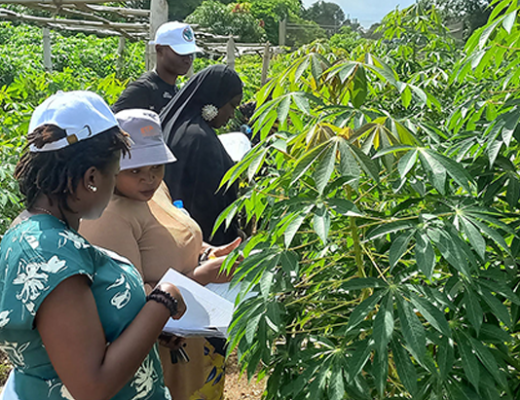
No Comments